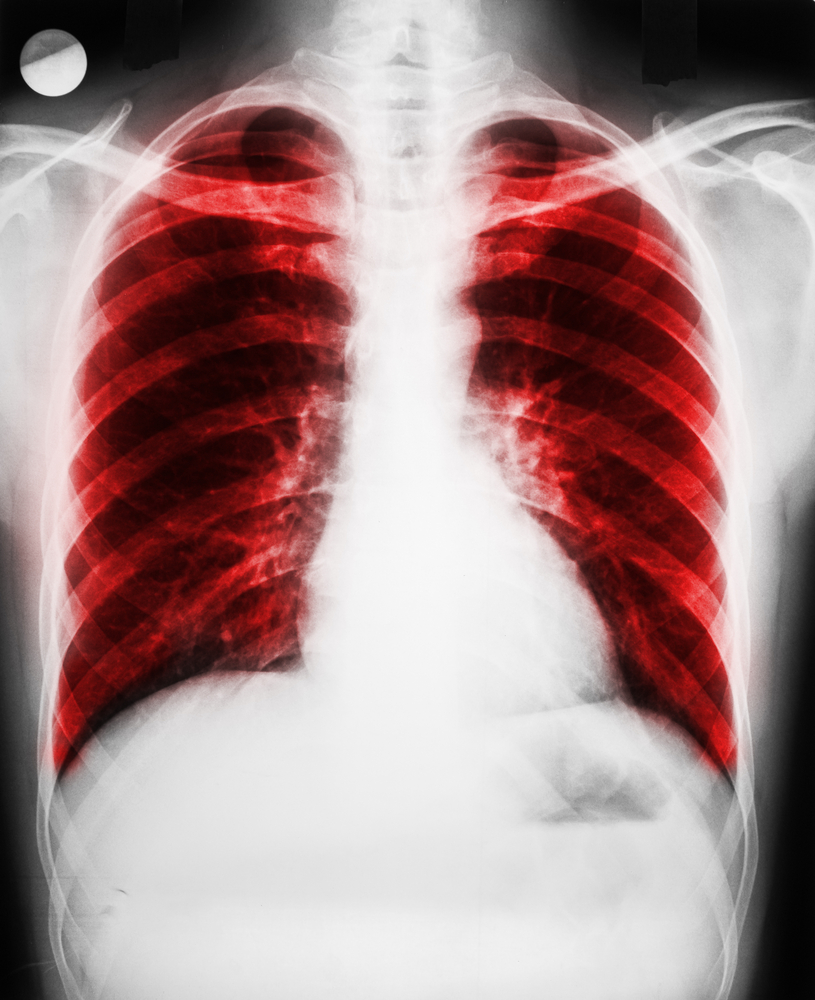Researchers at The University of Manchester in the UK have recently developed a new way to genetically categorize lung cancer samples so that doctors and physicians can effectively opt for targeted therapies in specific cases.
Recently, with the advent of specific targeted therapies for different conditions, there has been an improvement in lung cancer patient survival. However, the use of targeted lung cancer therapies has been limited to patients who have either had a specific amount of genetic change, or have had a specific amount of sample to be tested. Not all patients suffering from Non Small Cell Lung Cancer (NSCLC – affecting the majority of cancer victims) are able to provide a large sample amount, and as a result are not able to take advantage of targeted therapies.
According to Dr Fiona Blackhall, a senior lecturer in The University of Manchester’s Institute of Cancer Sciences and a consultant based at The Christie NHS Foundation Trust, “Unfortunately the biopsy samples we take from these patients are generally quite small. In this study we looked at an alternative genetic screen that utilizes a much smaller tissue biopsy to see if it can detect a range of changes in 26 key genes.”
[adrotate group=”10″]
In recent research carried out by the Lung Cancer research group in collaboration with the Manchester Centre for Genomic Medicine, scientists used the LungCarta Panel — a series of assays providing high throughput somatic mutation profiling for lung cancer detection in NSCLC patients to detect around 214 key mutations in 26 oncogenes from small amounts of samples — to profile around 90 samples of NSCLC patients. They found that they were able to analyze more than 95% of the samples and detect mutations is more than half of them, which made treatment options easier to pursue.
Dr. Blackhall concluded, “This type of genetic testing appears to be a clinically useful diagnostic screening test that can be used on small biopsy samples. This should allow us to better match lung cancer patients to the right treatment and we have now started to use this method of testing to identify suitable clinical trials for our patients.”

